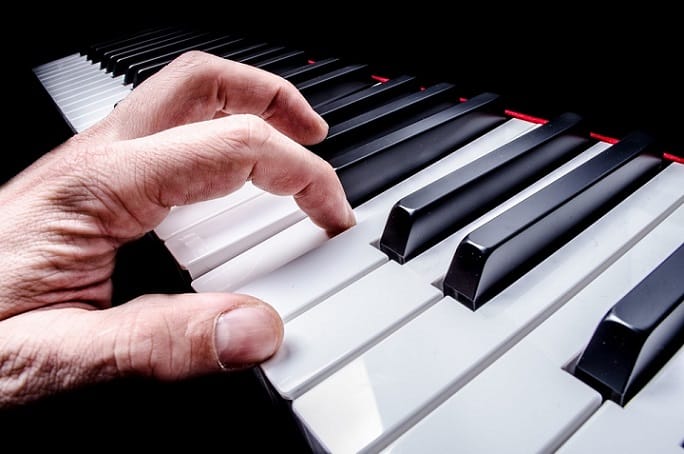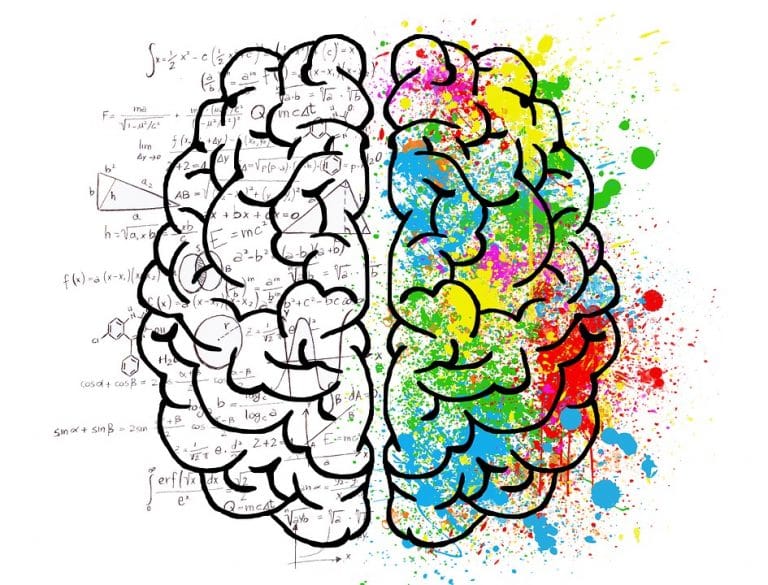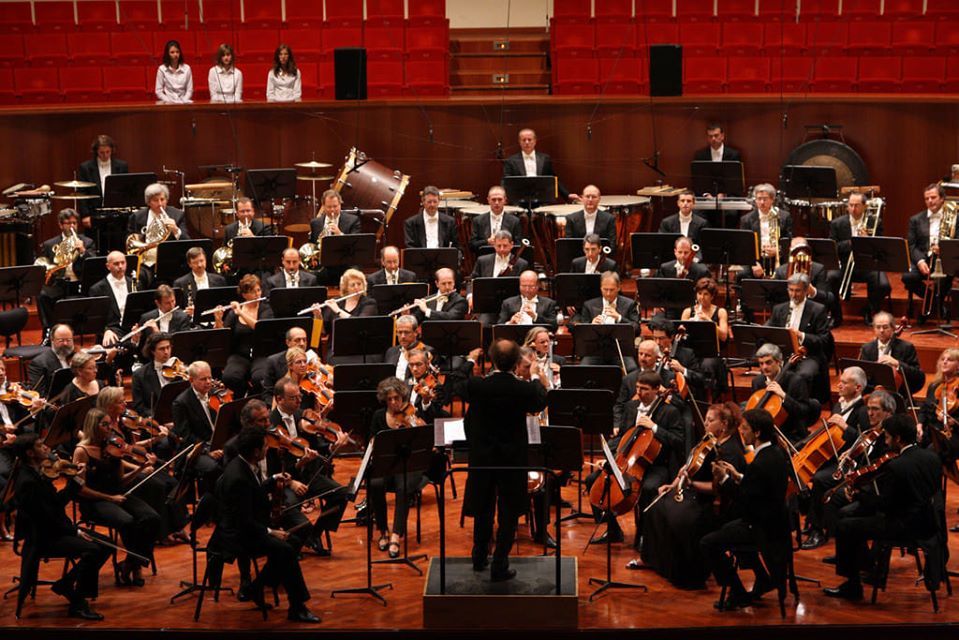Benefits of Playing the Piano 26th January 2020
I recently made a few posts on Facebook about the benefits of playing the piano, so I thought I'd share them all here:
Benefits of playing the piano No.1: Easy sound production
Producing a sound on the piano is easy, simply strike a key and the sound is there - no physical pain involved!
Other instruments have significant challenges in even producing a sound. Strings and guitar require the stamina to hold the instrument correctly and callouses need to develop on the fingers.
Woodwind and brass also need to be held correctly but also factor in the need to breathe correctly and train the embouchure (lip and face shape) to even produce a sound. It can take a while to produce a sound and many years to enjoy a good sound.
Budding musicians can find the hurdles of producing a sound off putting, the piano can be more motivational given there are no such barriers to making a pleasant sound.

Benefits of playing the piano No.2: Concentration Skills
Split concentration, also called divided attention, is an integral part of playing the piano, which helps improve your concentration skills. To play the piano, you must use both hands, listen, play in time, read music, and operate the pedals. And if you are teaching a choir or directing other musicians, you may be singing and giving cues too! 😁
Serious multi tasking! 🤗
As a musician becomes accomplished with split concentration at the piano, multitasking in life becomes easier too.
Benefits to playing the piano No.3 : Neuroplasticity
Neuroplasticity is the ability of the brain to form and reorganise synaptic connections, especially in response to learning or experience or following injury. In simpler terms, neuroplasticity is the ability of the brain to change form and function specifically when stimulated by physical activity.
Playing the piano changes the brain in a positive way! Studies show that music stimulates the brain in a way no other activity does. While playing a piece on the piano, you are adding new neural connections, which primes your brain for other forms of communication.
Practicing music at an early age can make structural changes to the brain that stay with you for the rest of your life.
So while you think you are just working on a particularly tough piano piece, you are also improving your memory, attention, speech, language, spatial and math skills, and even the ability to vocally convey emotions.
Benefits of playing the piano No.4: The one man orchestra
While the pianist often accompanies other instruments - they can also play solo.
There is a vast repertoire for solo piano. Other orchestral instruments usually need a pianist to accompany them (most instruments can only play one, perhaps 2 notes at a time) but the piano is like having an orchestra at your fingertips!
The pianist is able to play polyphonic music with no other musicians around - basically we can play the tune and the chords. This is very satisfying. You can sit at the piano, alone and sound like an orchestra!
Did you know that classical piano sonatas use the same musical structures as the symphony?
Haydn was known as 'Father of the symphony', his symphonies are wonderful pieces of music and his piano sonatas are equally brilliant.
Pianists learn how to bring out a melodic line and make all the other notes like an orchestral accompaniment, just like an orchestral player knows to play out or blend into the background accordingly.
Learning piano also makes it easier for the young musician to learn theory and how to harmonise. At music college level, musicians are usually expected to have some piano skills because it is such a useful and versatile instrument.
Benefits of Playing the Piano No.5: Aural Skills
Maybe you have a good musical ear, or are you tone deaf?
Playing the piano can improve your overall aural awareness no matter where you fall in this range and, it doesn't matter what age you are! The piano will help you to improve your aural skills.
Playing the piano trains you to recognise tones, intervals, and chords as well as helping you to develop a sense of pitch.
Aural skills are not just important for musical learning, they help develop the part of the brain in understanding sound patterns in different languages. Good aural awareness is also helpful if you have trouble hearing when there is a lot of background noise. A good aural awareness also helps with memory.
Benefits of playing the piano No.6: Discipline
Discipline is absolutely essential in the learning process - no matter what we are learning. Learning the piano serves to strengthen children's sense of discipline in general. While discipline is something that parents and music teachers should be reinforcing, it must also come from the child himself. Of course the piano should be a tool of pleasure and enjoyment, but it’s also synonymous with work and effort. There is little enjoyment in struggling to play, and it is certainly a struggle without the hard work.
A child who wants to learn the piano will have to adopt a disciplined attitude to handle rigorous training. These children must have a keen sense of how to use discipline and apply methods to play the piano.
A young pianist doesn’t only develop cognitive faculties that make scholastic achievement and learning easier, he develops a capacity for discipline that aids the process of learning in general.
Benefits of playing the piano No.7: Relaxation
Research shows that playing the piano helps to combat stress and improves mental health. People who play the piano tend to experience less anxiety and depression than their non-musical counterparts. Playing for a few minutes a day can improve your well-being, make you feel more positive, and can lower your blood pressure.







